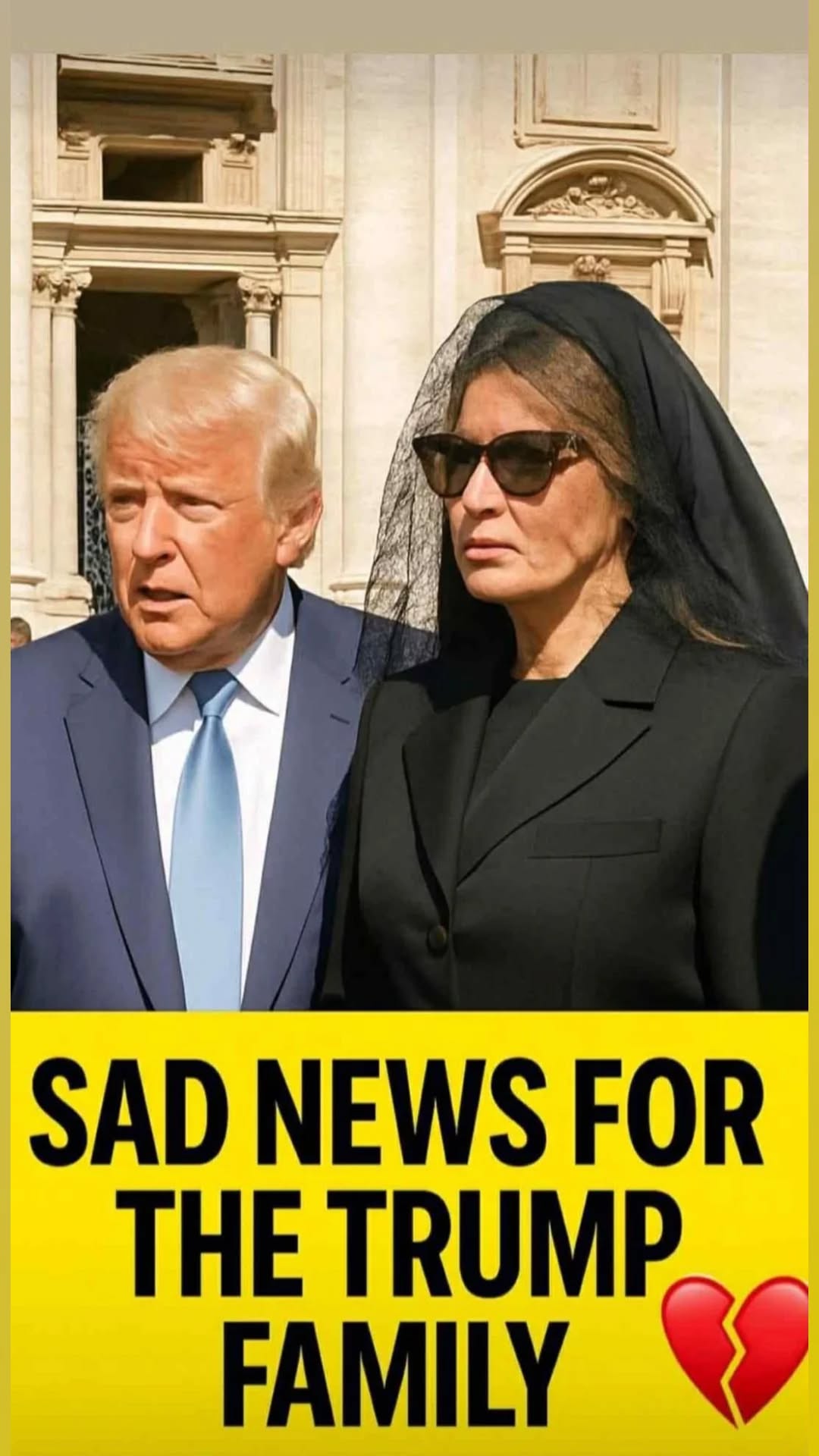Burt Reynolds’s true love was not Sally Field.
Reynolds gave her that name in 2015, three years before he passed away. He gushed about how much he missed her and claimed that one of his greatest regrets in life was not making their romance, which started on the set of 1977’s Smokey and the Bandit, work.
The actress had a very different perspective.
In a recent interview with Variety, she declared, “He was not someone I could be around.” He was simply not a good fit for me.
About his public declarations, Field, 75, claimed Reynolds, who passed away at age 82 after suffering a heart attack, “I wasn’t the more significant person to him than he had imagined in his reimagining of things. He merely desired to own the thing he lacked. Simply put, I didn’t want to handle that.”

On September 18, 2018, exactly 12 days after Reynolds’s passing, Field published her memoir In Pieces, in which she wrote about their complex relationship. She recounted his drug use, alleging that he used barbiturates, Percodan, and Valium while filming Smokey and the Bandit, and that he was controlling and abusive. (Loni Anderson, Reynolds’ second wife, documented his drug usage in her autobiography and claimed that it caused him to physically abuse her.)
Reynolds and Field dated sporadically for five years while producing four films as a couple. Field stated in the book that she was s**ually molested until she was 14 years old by her stuntman and actor stepfather, Jock Mahoney and that she attempted to replicate that relationship with Reynolds in retrospect. “She was exorcising something that required exorcising,” someone once said.
Field, who had two marriages that ended in divorce, made a kind statement following Reynolds’ passing. She didn’t go to his funeral, though.

Field, whose biography took her seven years to write, told Variety that she didn’t worry about writing so openly about her connection with Reynolds because she “didn’t think I was going to publish it.”
In the interview, Field discussed her lengthy career in Hollywood and how it “can really kick the feces out of you.” She is currently working on the road trip film 80 for Brady with Jane Fonda, Lily Tomlin, and Rita Moreno.
She rose to fame on television in 1965 as Gidget, but she yearned for film roles during her tenure as the Flying Nun (1967 to 1970). She remarked about Flying Nun, “That was work. I also developed my ability to survive. It’s crucial to understand how to deal with both pleasant and unpleasant situations. I simply had to get to work, give it my all, and put my head down. And it’s during those moments that you understand why you’re eating so much while also attempting to disguise it. You’re making an effort to hide your depression. Yet at that time in my life, I lacked the knowledge to understand what was happening to me and the capacity to see my dreams.”
In HBO’s Winning Time: The Birth of the Lakers Dynasty, Field added “they wouldn’t let me through a door, so I had to sort of claw my way out. And it simply forced me to work nonstop and take on tasks I may not have otherwise taken on.”
She gained notoriety thanks to Smokey and the Bandit and went on to win two Academy Awards, first for Norma Rae in 1979 and then for Places in the Heart in 1984. She was subjected to s**ual harassment along the way, yes. ( “Yeah, I have without a doubt. Absolutely. numerous times in various ways. Some are more horrifying than others “) She also discussed salary equity. ( “Since I had to support myself, I never had the luxury of saying, “Oh, I’m going to hold out for more money.” I had the impression of being a young child from a disadvantaged family. I’ll accept whatever you have.”

Field also discussed the famed Places in the Heart Oscars speech and how it’s frequently mistranslated as “You enjoy me. She continued, “I can’t dispute the fact that you like me, right now, you like me. You really, truly like me.”
When she heard it misquoted, she remarked, “Sometimes I want to hit them in the nose, but largely because they never say the context of what I said previously.
She clarified, “I acknowledge that my career has not followed the norm and that I have struggled, but for this brief period of time, I must permit myself to know and feel your liking for me. And I could have spoken with more grace. I ought to have said that you “appreciated” my work. I cannot recall the word. What mattered to me was that I accomplished it for that brief period of time. I finished. Once I had it down, I thanked them for picking it up. Several of them had no idea what they were talking about. They had no idea what it was like to perform and put your nose, ears, and legs on display for people to make fun of and condemn you. They are unaware of how that feels. Not in the arena are they. In the stands, deodorant is being distributed.”




